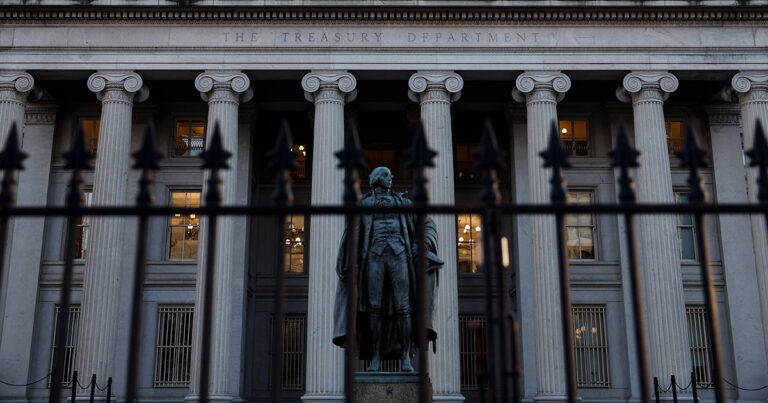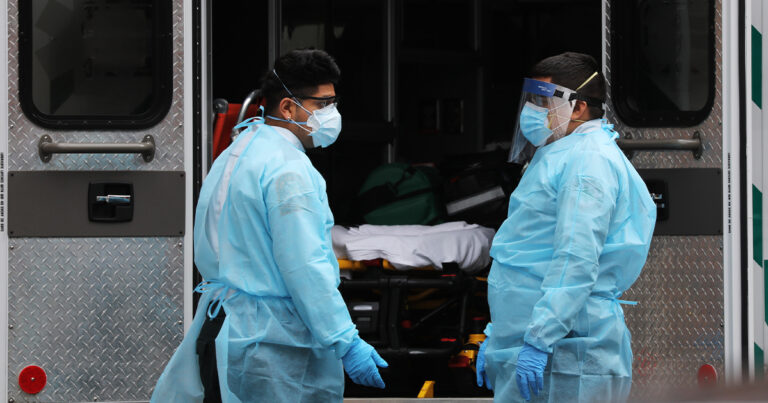RESOURCES
Research, analyses, and news from the Peter G. Peterson Foundation
Featured Articles
Press Releases
Explore news and announcements from the Peter G. Peterson Foundation.
Chart Packs
Our charts frame the fiscal outlook of the U.S. government within a broad economic, political, and demographic context.
Polling
Our polling tracks the public’s views about our fiscal and economic condition and the progress elected leaders are making in addressing it.
Latest Articles
Despite Decades of Warnings, Depletion of Social Security’s Trust Fund Is Getting Closer
The depletion dates for Social Security and Medicare’s Trust Funds are rapidly approaching.
Lifting the Debt Ceiling Has Been Paired with Budget Reform in the Past
Earlier this year, the United States once again hit its debt ceiling, which is currently capped at $31.4 trillion.
U.S. Healthcare System Ranks Seventh Worldwide — Innovative but Fiscally Unsustainable
Spending on healthcare in the United States has far outpaced other major healthcare systems without yielding better outcomes.
Explore All Resources
SEARCH
SORT
Type
Issues
Jul 1, 2025
Despite Decades of Warnings, Depletion of Social Security’s Trust Fund Is Getting Closer
The depletion dates for Social Security and Medicare’s Trust Funds are rapidly approaching.
Jun 30, 2025
Lifting the Debt Ceiling Has Been Paired with Budget Reform in the Past
Earlier this year, the United States once again hit its debt ceiling, which is currently capped at $31.4 trillion.
Jun 30, 2025
U.S. Healthcare System Ranks Seventh Worldwide — Innovative but Fiscally Unsustainable
Spending on healthcare in the United States has far outpaced other major healthcare systems without yielding better outcomes.
Jun 27, 2025
Chart Pack: Healthcare
These charts illustrate the growth in U.S. healthcare spending and how it affects the federal budget.
Jun 25, 2025
Infographic: How Are Capital Gains Taxed?
The capital gains tax, which is a levy on said profits, is categorized as part of individual income tax revenues, but it is administered at a lower rate than ordinary income.
Jun 24, 2025
Medicare’s Hospital Insurance Trust Fund Could Be Exhausted In 8 Years
Without reform, Medicare spending will continue to rise over the coming years — threatening the HI Trust Fund and placing immense pressure on the federal budget.
Jun 23, 2025
Even with Economic Growth Factored in, OBBBA Would Increase Deficits
The small, positive fiscal impact from slightly higher economic growth is projected to be more than offset by increased federal interest costs.


